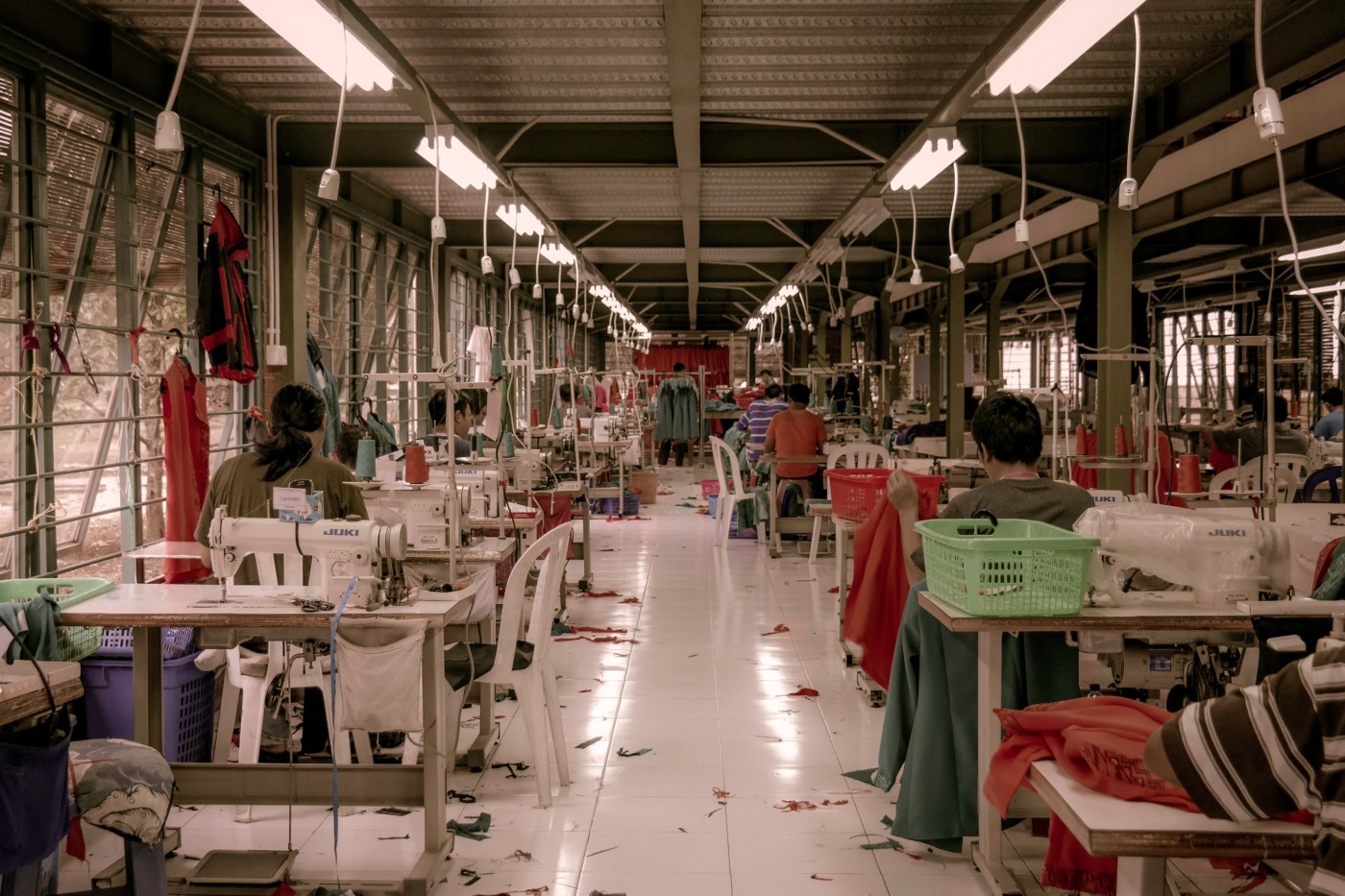Sustainability vs affordability: why fast fashion took over
Over the course of the pandemic, there has been a significant rise in resell culture as ‘Y2K’ and ‘vintage’ TikTok trends flooded social media. With online thrift and second-hand platforms such as Depop becoming popular, it often has consequences. Despite offering an opportunity for us to lower our carbon footprint by selling and buying second-hand, Depop has been open to exploitation of its own.
What has been dubbed the gentrification of thrift stores, a surge of white, affluent young girls have begun bulk buying cheap clothes in disadvantaged areas simply to mark up the price for profit. TikTok has recently started calling people out for their attempts to capitalise on people’s poverty and taking away opportunities for low-income individuals to clothe themselves affordably.
Reselling culture has also made it harder for plus-sized people to thrift shop as sellers buy larger items for cheap and either construct new items from it or market the clothes as ‘oversized’. Trends have made it so that high-street shops sell ‘oversized’ items for all sizes, however with donated items you cannot select from an array of size ranges. This means sellers harbour piles of what looks ‘cute’ so that they can market it differently without considering the people who need the clothes for practical reasons and not just for monetary gain.
Clothing items marketed as ‘sustainable’ and ‘vintage’ are often unbranded
However, reselling bulk bought clothes from a thrift store despite negatively impacting some communities is, at least, environmentally friendly and sustainable in the recycling sense compared to another section of Depop sellers. Getting sustainable clothing instead of fast fashion is desirable and currently trendy, which would be great, except for the fact that to be sustainable, items must also be affordable to be maintained by the average consumer.
Furthermore, Depop has become a messy cluster of hashtags with items marked as ‘urban outfitters’ or ‘brandy melville’ simply to get more recognition on the overpopulated site. Often is the case that the clothing items marketed as ‘sustainable’ and ‘vintage’ are often unbranded and bought from a fast-fashion site, yet sold for 10 times the price.
Depop recently has become worse than buying fast fashion directly as to buy simply to resell defeats the purpose and definition of second-hand sustainable clothing. Depending on how much time you have, many of us cannot spend an hour sifting through hundreds of clothes to find the ‘authentic’ items so either get duped by the false advertising from savvy Depop girl bosses or just avoid the app altogether.
The real enemy is the multimillion fast fashion companies
By buying from people who are selling Shein and Boohoo items you are creating a demand; this demand then leads to higher fast fashion sales as Depop sellers know they can get away with making a big profit. The victims are typically either unsuspecting or those buying for convenience as shipping from sites like Shein have been known to take several weeks to a month to arrive.
However, I am reluctant to blame individuals on either side of the clothing exchange when the real enemy is the multimillion fast fashion companies who exploit their garment workers. It is unfair to judge those resorting to bulk buying and selling on Depop, when capitalism and consumer trends have made it a viable option.
We can assume the backgrounds of sellers yet Depop, with the Covid-19 pandemic causing a loss of jobs and need to stay home for childcare etc, has created a job that requires no experience, qualifications, or time commitments. Furthermore, Depop has always been a small business opportunity for those unable to work ‘typical’ jobs, such as those with disabilities.
I would rather fund someone’s rent, bills or childcare essentials
We have also seen an influx of creative individuals use Depop to sell their homemade jewellery and art for reasonable prices which, often promoted on TikTok, is teaching young people that there are options for those who perhaps are not academic but before saw little opportunity to make money from talent. Also, the way I see it, I would rather fund someone’s rent, bills or childcare essentials by paying more (if able to) than paying £3 for the same item from an exploitative company.
It is up to yourself how much you delve and try to pick out pieces and it depends on your personal needs, but to demonise people for not buying sustainable or mocking those for being ‘ripped off’ is counterproductive and helps no one. We cannot gatekeep the act of buying clothes when personal circumstances are so varied.

Comments (1)